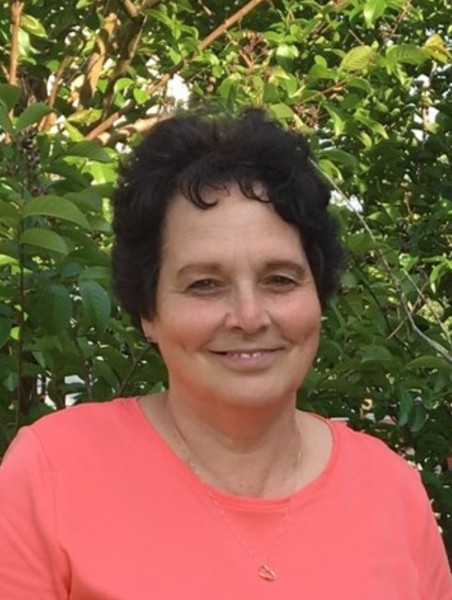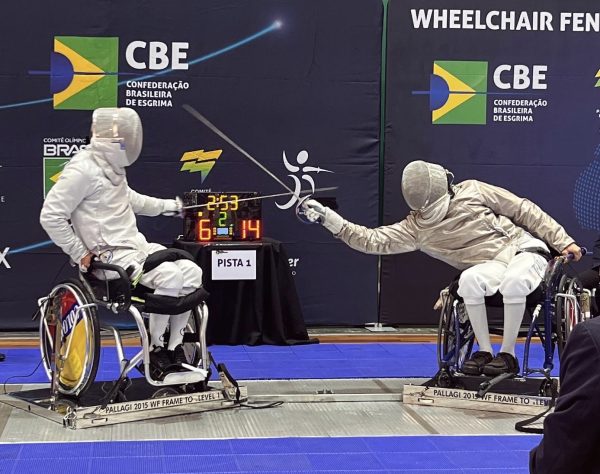AP exams: Is the stress and studying justifiable?
As AP exam season wraps up, students share how they prepared and weigh in on if the stress was worth it
AP season: for many high school students across the country, it’s the most stressful two weeks of the year. AP (Advanced Placement) courses are classes available to high school students, giving them the potential to earn credit for college; however, to earn that college credit, a student must earn a certain score out of five (five being the highest) on a culminating exam in the first few days of May. AP exams test everything a student learns in the entire course, and most colleges only accept the highest scores of fours and fives. But how do you study for a single exam that tests your knowledge of an entire year?
Senior Anne Price took two AP tests this year: Statistics and Biology, and studies best alone about three days in advance for each test. “Flashcards, practice tests, youtube videos [and] AP review tests in class,” are among the best tools that helped her prepare for her exams, explains Price. Junior Max Balakirsky concurred that College Board practice tests aided his studying in helping him grow from his mistakes. “Any time I would misunderstand a concept or get a question wrong I would review it and look in my notes if I was unsure about how to approach the problem,” he says. Rather than studying a few days beforehand, Balakirsky, who conquered seven AP exams this year (Physics C: Mechanics, English Language, Calculus BC, Microeconomics, Macroeconomics, World History, and Spanish Language) found that his attentiveness in class and studying throughout the year paid off in preparing for the final tests. “Paying attention during the year and working hard made it so that I had a good understanding of many concepts without much review and helped with relearning the concepts quickly,” he states.
It’s no doubt that the preparation for AP exams are grueling. In the days before tests, classrooms are filled with stressed chatter, dining room tables are littered with review sheets, and high schoolers’ brains are consumed by the looming Scantrons in the day to come, leaving many to question whether the means really are worth the end college credit. While Balakirsky acknowledges that “AP exams are not super fun…they are worth taking,” as the $97 families were charged per test this year “can help skip a college class that can cost thousands of dollars when attending college,” Balakirsky relays. However, considering that most colleges only take the top scores, Price disagrees. “[AP exams] cause a lot of stress and don’t give a very good chance of getting college credit,” she asserts. Rather than taking these tests, Price “think[s] it would be a better use of time to take classes at HCC.” In doing a dual enrollment course at Howard Community College, students are able to take college-level classes and thus get the credit for them without having to take the AP exam. By just passing the class, students earn the credit. In addition to the nixing test season stress, the classes are now free to take due to a partnership between HCC and the Howard County Public School System.
On the other hand, extraneous factors such as transportation and missing out on a classic high school experience could keep a student from taking HCC courses. And while HCC does offer asynchronous virtual classes, for some high schoolers, the rigor of high school AP classes is simply more appealing.
AP exams are seen as a rite of passage for many students at Centennial, and the anxiety leading up to the release of scores in July is part of the full process. In preparation for these exams, though, it is important for students to remember that they can only gain from the experience; getting a low score does not mean that you fail the class or have a black mark on your transcript when applying to colleges, especially since a student gets to choose if they want to send their AP scores to the institutions.
While the AP preparation stress is intense, the application of time management skills, discipline, and motivation during studying can be useful skills to develop for later on in life. Finally, as always, it’s a good idea to put things into perspective. “Everything will be okay, regardless of what score you get because it does not define who you are as a person or a student,” Balakirsky reminds, “Tests are a representation of how much you knew on one day and everyone has bad days.”
nc/jy/ew
For more breaking news and photos, follow The Wingspan on Instagram and Twitter @CHSWingspan.




